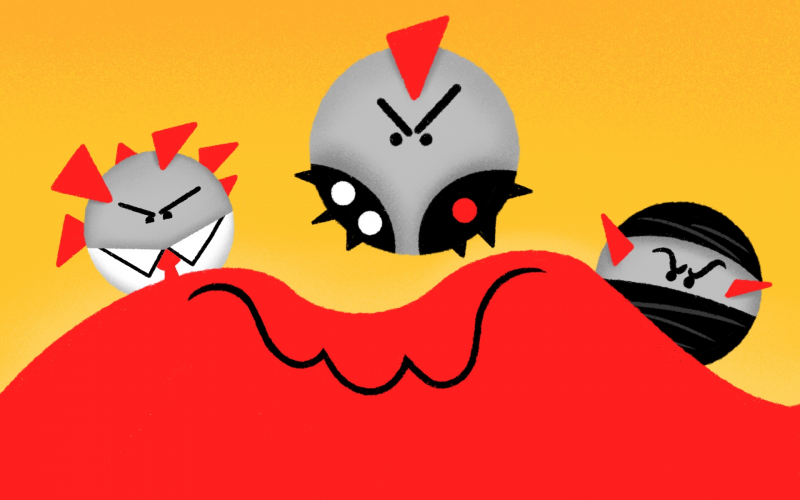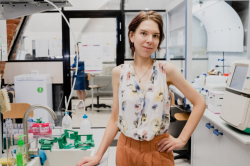What do viruses do?
Unlike bacteria, viruses can’t survive long in the environment because they heavily rely on the cells of other organisms to produce viral proteins and multiply. At the same time, the specificity of a given virus to certain cell types, known as viral tropism, is an important factor in determining the nature of the disease and the transmission of the virus.
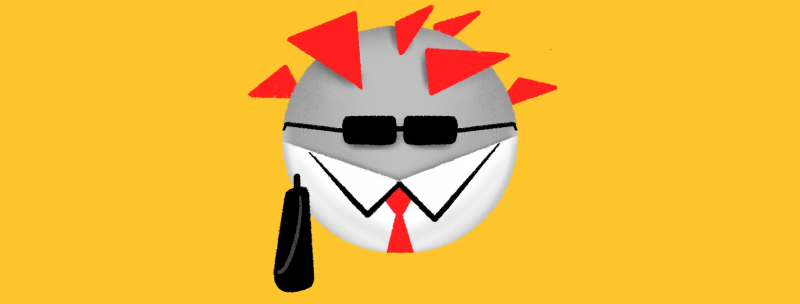
“Coronaviruses such as SARS-CoV-2 (COVID-19) have a distinct tropism for pneumocytes. That is, they infect the surface epithelial cells of the alveoli and thus can cause pneumonia. Other viruses, in turn, have a tropism for other cells and lead to other diseases. Studies show that SARS-CoV-2 can also be detected in intestinal epithelial cells. As a result, people may develop gastrointestinal symptoms, which, nevertheless, do not prevail over breathing problems,” comments Oksana Stanevich.
How does your body fight viruses?
Upon entering your body, a virus starts to use your cells to produce proteins that are not typical for a healthy person. Your immune system learns about the virus and springs into action in order to stop its spread within the body.
The problem is that some viruses constantly change the structure of their proteins so that the immune system can't detect them (like HIV, for example). Others, like the coronavirus, can remain unnoticed at the early stages and thus buy themselves some time. In severe cases of SARS-CoV-1, SARS-CoV-2, and MERS, the immune response may be as destructive as the virus and even cause death due to a cytokine storm.
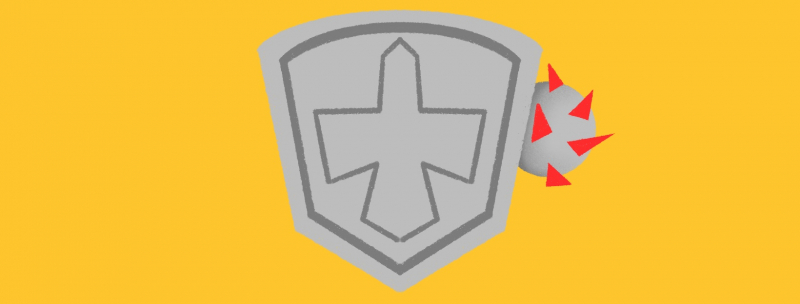
“It’s important to understand that SARS-CoV-2 and COVID-19 are not exactly the same thing. SARS-CoV-2 is a virus and COVID-19 is a disease that occurs if the virus got into the body, productively infected target cells, and started to reproduce,” explains Oksana Stanevich.
What are virus strains?
Viruses are always changing. They jump from one organism to another and are exposed to different immune responses – and as a result, viruses mutate. Some mutations prevent the virus from spreading, while others help disease causative agents invade organisms. Thus, the first group disappears while the second is here to stay. That’s how we get new variants of viruses, which medical specialists and researchers call virus strains.
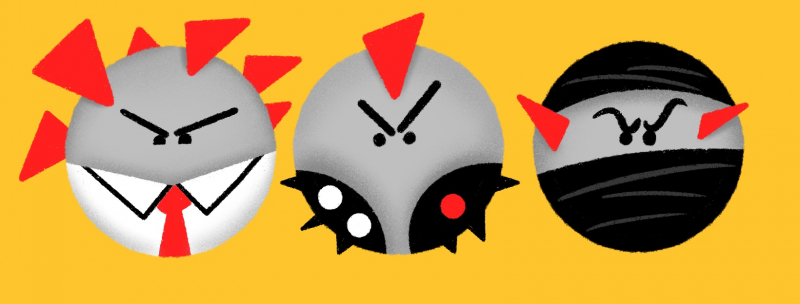
“Viruses undergo natural selection, as well. They change in order to improve their ability to infect, spread, escape from immune responses, and, most importantly, stay in the population for as long as possible,” says Oksana Stanevich.
Why do pandemics come in waves?
There are several reasons for this. The first has to do with the introduction of restrictive measures, social distancing, and quarantine. When authorities impose certain restrictions, and people are more cautious, it becomes more difficult for the virus to spread. And the second reason may be related precisely to the strains. At some point, more infectious and strong viruses begin to displace other variants, and we see a significant rise in coronavirus cases.
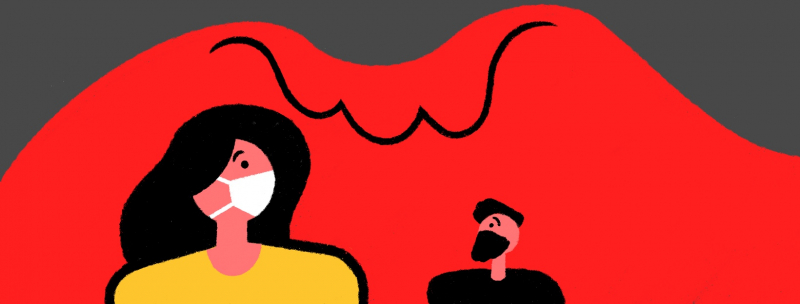
“If early in the pandemic, older people were most prone to get infected, now the virus is spreading among younger people, and further the virus is likely to affect children,” explains Oksana Stanevich.
How do vaccines work?
All vaccines, regardless of their technology, help our bodies recognize invading viruses without exposing them to the real infection. They contain weakened viruses, particles of their RNAs, or artificially created proteins, identical to those produced by the body when it’s infected.
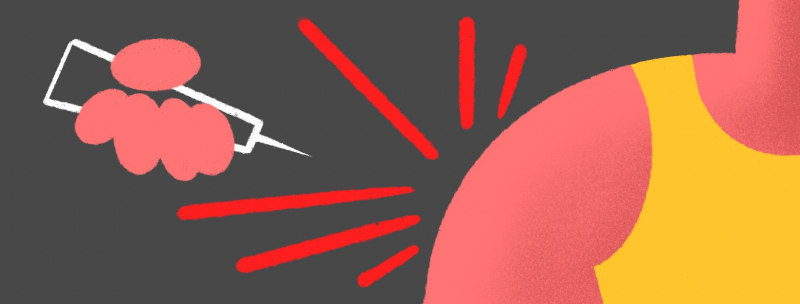
“Vaccines against SARS-CoV-2 target the so-called spike protein responsible for binding the virus to cells. If we attach this protein to the antibodies stimulated by the vaccine, it’ll help prevent the disease,” says Oksana Stanevich.
However, it’s important to understand that the vaccine is meant not to guarantee that you won’t ever get infected (it’s only the ideal scenario) but to prevent the development of any severe complications of the disease if you do. The good news is that the world's most recognized vaccines do a good job (albeit, alas, not at 100%). Moreover, they most often remain effective even against new strains of the coronavirus. Although you can still get sick and experience the symptoms, this possibility becomes lower by tens of times.
Can you forget about any precautions when you’re vaccinated?
No way. Firstly, vaccinated people may not get sick but they can still spread the disease to others who are not vaccinated.

Besides, some scientists believe that interaction between vaccinated and unvaccinated people can lead to other virus mutations, namely new strains that will be more efficient at slipping through the immune system. Nevertheless, it is vaccination together with precautions that can help us bring the end of the pandemic closer.
